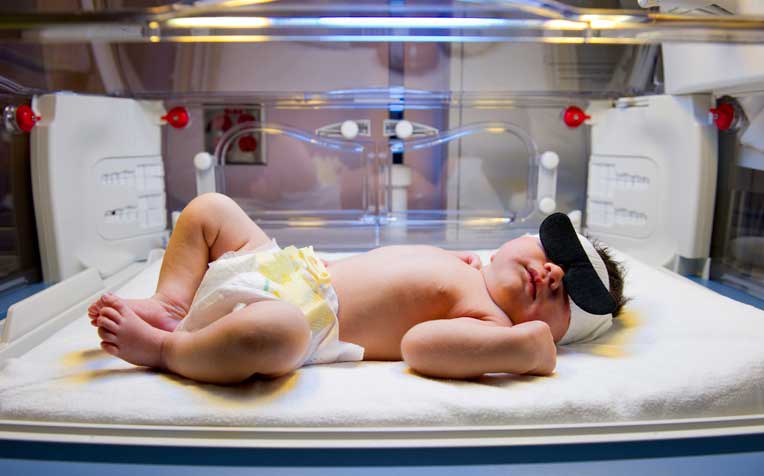
Treating jaundice by exposing your child to direct sunlight might cause sunburn and dehydration, which may worsen the condition.
Can older children get jaundice?
Jaundice is less common in older children. Older children may get jaundice if they suffer from any of the following medical conditions:
- Viral hepatitis
- Autoimmune disease
- Metabolic disease
- Biliary tract disorders
- Blood disorders
“Inherited blood disorders such as thalassaemia result in increased red blood cell breakdown, and may predispose the child to gallstone formation, which can lead to jaundice,” says Dr Chiou Fang Kuan, Consultant, Gastroenterology Service, KK Women's and Children's Hospital (KKH), a member of the SingHealth group. “Maternal hepatitis B or C carriage, ingestion of contaminated shellfish and exposure to certain viruses in the community may also predispose the child to viral hepatitis.”
Certain drugs and medications, including alternative remedies, can be associated with liver damage and jaundice.
Older children with jaundice who have a chronic disease such as thalassaemia or auto-immune disease may suffer from impaired growth and development.
How is jaundice treated?
A blood test measuring the bilirubin level can confirm the severity of the jaundice. In older children, further investigation needs to be carried out to determine the cause of jaundice. Jaundice treatment varies depending on its cause and severity.
Babies with mild jaundice don’t require treatment but parents need to ensure that the baby is feeding well and is well hydrated. A breastfeeding mother should continue breastfeeding her jaundiced baby.
“Parents are discouraged from directly exposing their babies to the sun because it may result in sunburn and dehydration that may worsen the jaundice,” says Dr Chiou.
For severe jaundice in the first few days of life, treatment options include the following:
- Phototherapy (light therapy): This promotes excretion of bilirubin.
- Blood exchange transfusion: This clears the bilirubin from the blood and is used when the risk of kernicterus is high.
Early surgery is required in the baby who had obstruction to the bile flow from the liver to the intestine (a rare but serious condition known as biliary atresia). These babies present with jaundice that persists beyond 2 weeks old and is commonly associated with pale stools.
In older children, jaundice treatment is directed towards the underlying cause of the disease.
Ref: R14
Contributed by
Conditions & Treatments
Public Events
Get the Health Buddy App
© 2025 SingHealth Group. All Rights Reserved.














 Get it on Google Play
Get it on Google Play